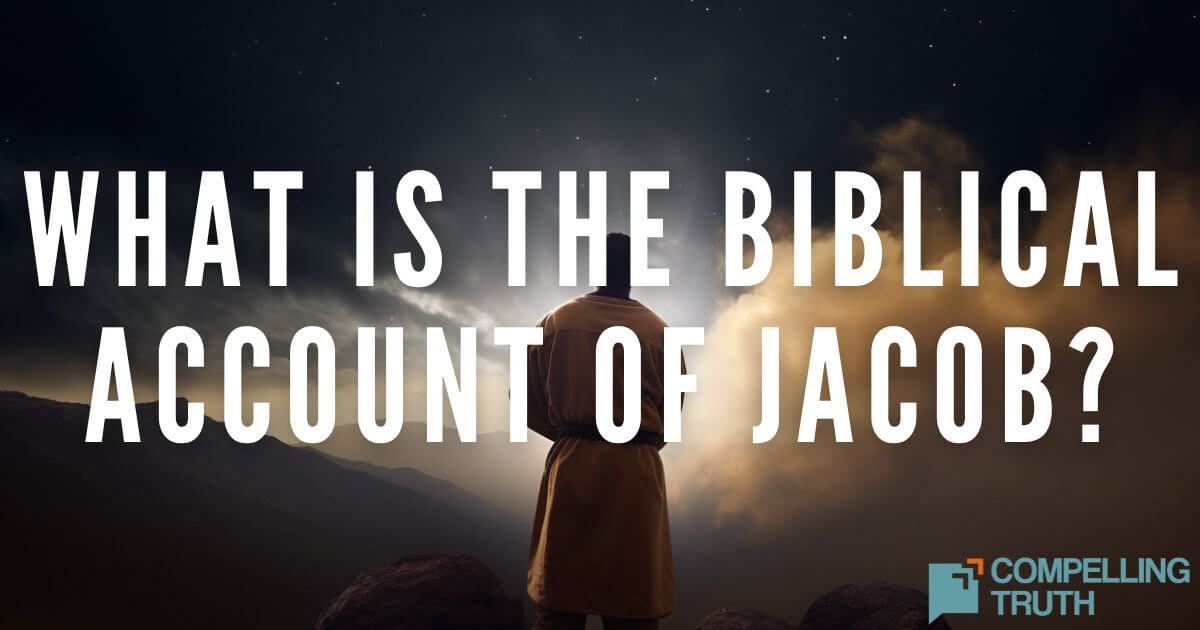what does the bible say?
There are two men in the Bible named Manasseh. One was a son of Joseph and a head of one of the twelve tribes of Israel, and the other was King Manasseh of Judah, the son of King Hezekiah. There is another article on King Manasseh, so this one is about the son of Joseph. Joseph's son Manasseh, named "cause to forget," was born during a time of abundance in Egypt. His birth brought immense joy to Joseph, overshadowing the difficulties he had faced. Despite being born in a foreign land, Manasseh and his brother Ephraim were fully embraced as part of the family of Israel and counted among the tribes of Israel. Manasseh's story expresses the ability to find happiness despite past hardships. His life emphasizes the importance of forgiveness and moving forward.




